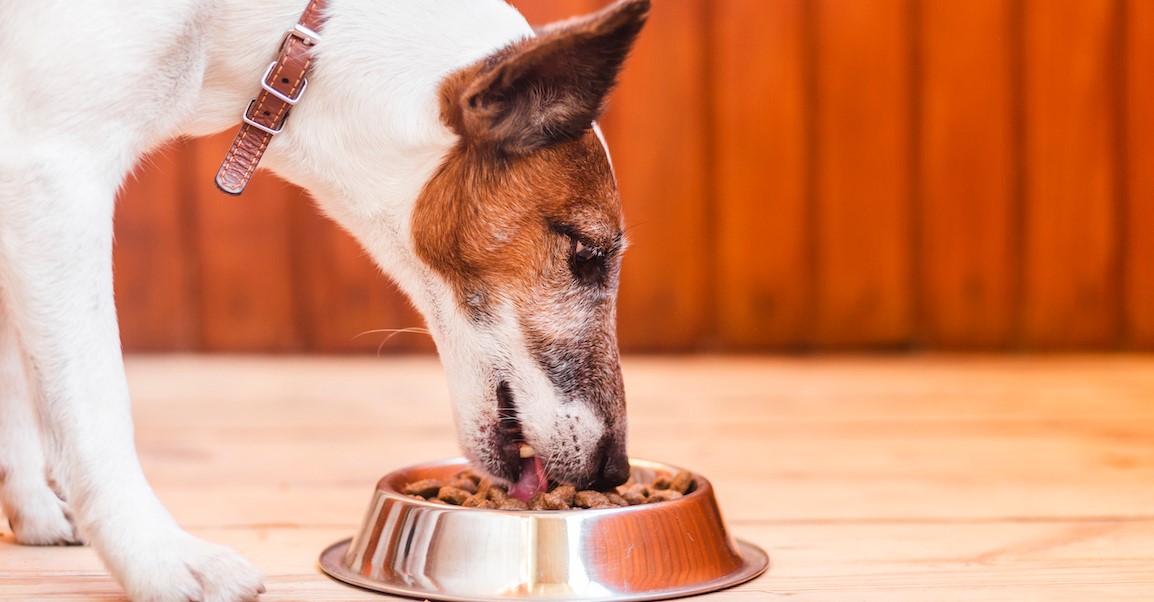When it comes to treating our canine companions, the question often arises: Can I feed my dog rotisserie chicken? In this comprehensive guide, we’ll delve into the intricacies of this popular inquiry, offering insights, tips, and expert advice for responsible pet ownership.
Table of Contents
ToggleThe Basics of Canine Nutrition
Understanding Doggy Diets
Before diving into the world of rotisserie chicken, let’s first explore the basics of canine nutrition. Dogs, like humans, need a balanced diet to maintain optimal health. Their nutritional requirements include protein, fat, carbohydrates, vitamins and minerals.

The Importance of a Balanced Diet
A well-rounded diet is crucial for your furry friend’s overall well-being. Each component plays a vital role in supporting your dog’s energy levels, immune system, and vital organ functions.
Can Dogs Eat Rotisserie Chicken?
The Pros and Cons
Pros of Feeding Rotisserie Chicken to DogsRotisserie chicken can be a healthy addition to your dog’s diet when offered in moderation. It is a good source of lean protein, which supports muscle health. Additionally, dogs often find the taste irresistible, making it an excellent option for picky eaters.
Cons of Feeding Rotisserie Chicken to DogsWhile rotisserie chicken has its benefits, there are potential downsides. Seasonings, spices, and additives used in the cooking process may not sit well with your dog’s digestive system. Moreover, bones pose a choking hazard and can splinter, causing internal injuries.
Safety Measures When Feeding Rotisserie Chicken
The Do’s
- Remove Bones: Always debone the chicken before serving it to your dog. This eliminates the risk of choking and internal injuries.
- Plain and Simple: Opt for plain, unseasoned rotisserie chicken. Avoid garlic, onions, and excessive spices, which can be harmful to dogs.
- Moderation is Key: Treat rotisserie chicken as an occasional indulgence rather than a regular meal. This helps maintain a balanced diet for your pet.
The Don’ts
- No Skin or Fat: Remove the chicken skin and excess fat, as they can lead to digestive issues and obesity.
- Beware of Bones: Even deboned chicken can contain small bones. Be cautious to prevent accidental ingestion.
- Say No to Spices: Avoid sharing heavily seasoned or spicy chicken, as these can upset your dog’s stomach.
Signs of Allergies or Upset Stomach
Watch for Red Flags
Keep a close eye on your dog after introducing rotisserie chicken to their diet. Watch for signs of an allergy, such as itching, swelling, or gastrointestinal problems such as vomiting or diarrhea. If any adverse reactions occur, consult your veterinarian immediately.
- Digestive Issues Watch for signs of upset stomach, vomiting, or diarrhea after introducing rotisserie chicken. If observed, consult your veterinarian.
- Allergic Reactions Monitor for any signs of allergies, such as itching, redness, or swelling. Immediate veterinary attention is necessary if such reactions occur.
Expert Tips for Feeding Rotisserie Chicken
Consult Your Vet
Before making any significant changes to your dog’s diet, consult with your veterinarian. They can provide personalized advice based on your dog’s breed, age, and health conditions.

DIY Dog-Friendly Recipes
Consider preparing homemade dog-friendly recipes using rotisserie chicken. Mix it with dog-safe vegetables like carrots or peas for a nutritious and enjoyable meal.
Conclusion
Feeding your dog rotisserie chicken can be a delightful experience when done responsibly. By following the do’s and don’ts, you can treat your furry friend while ensuring their safety and well-being.
Resources & References
Recommended Articles
Recommended Video
Embed this informative video in your reading journey:
Can Dogs Eat Rotisserie Chicken An Expert’s Guide for Dog Owners
In this video, experts delve into the topic, providing visual insight into the dos and don’ts of feeding rotisserie chicken to your furry friend. Check to make sure you are well-equipped with the knowledge needed for responsible dog ownership.
FAQs – Can I Feed My Dog Rotisserie Chicken
Is it safe to give dogs roast chicken?
Yes, it is safe to give dogs roast chicken, but it should be cooked thoroughly and without any seasonings or added fats.
Why can’t dogs eat rotisserie chicken?
Rotisserie chicken is typically seasoned with salt, spices, and oils, which can be harmful to dogs, especially those with sensitive stomachs.
Is oven-roasted chicken healthy for dogs?
Oven-roasted chicken, when cooked without added seasonings or fats, is a healthy option for dogs.
Is store-bought rotisserie chicken healthy?
Store-bought rotisserie chicken may contain harmful ingredients that are not suitable for dogs.
Can a dog with pancreatitis eat rotisserie chicken?
Dogs with pancreatitis should not eat rotisserie chicken due to its high-fat content.
Is roast chicken better than boiled chicken for dogs?
Roast chicken is generally healthier for dogs than boiled chicken, as it retains more nutrients.
What is the safest way to cook chicken for a dog?
The safest way to cook chicken for a dog is to bake, grill, or poach it without adding seasonings or fats.







